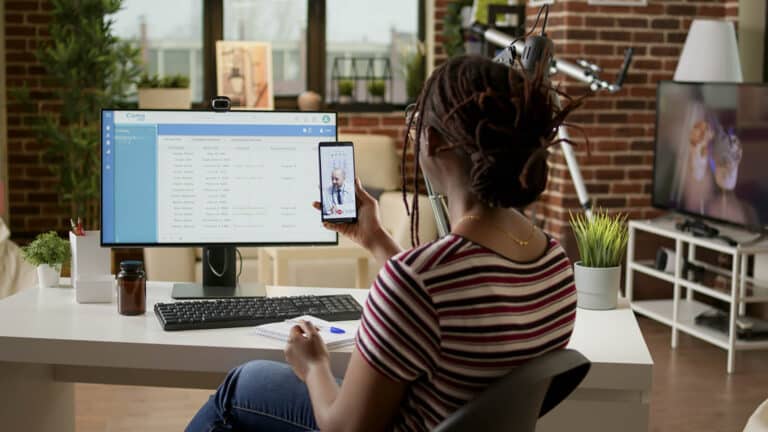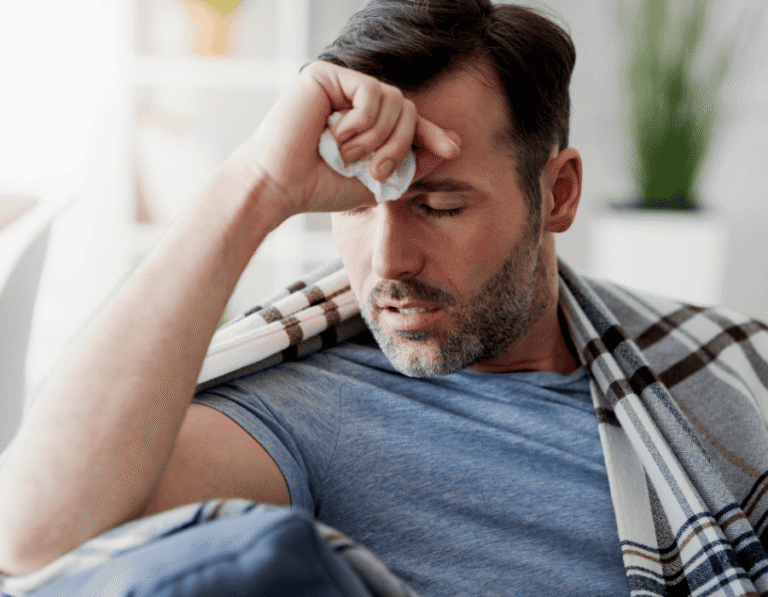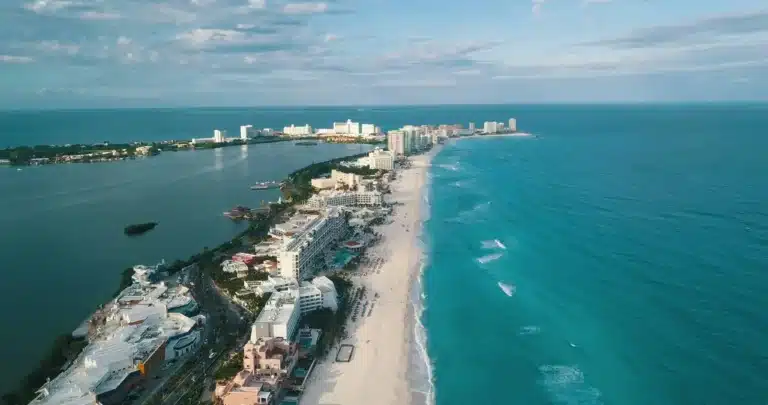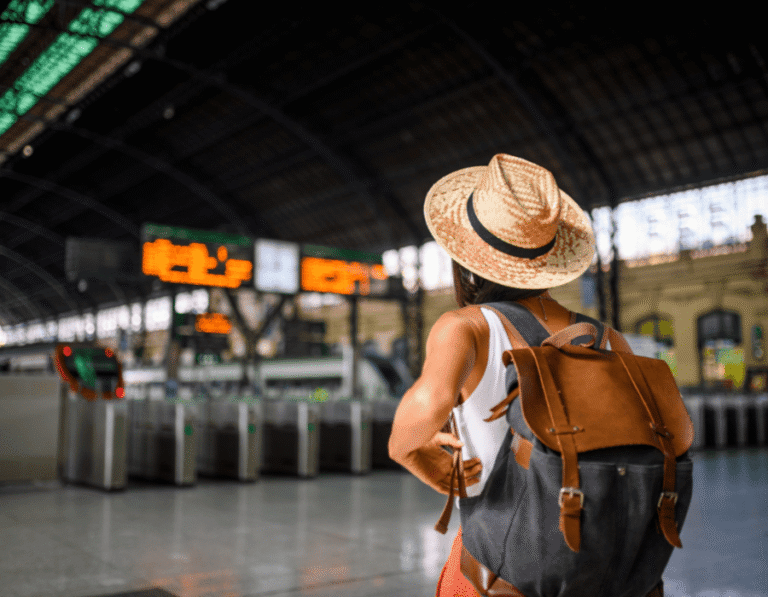London is one of the world’s most visited cities — famous for its history, food scene, and endless sightseeing. But even in a city this exciting, falling ill can happen. Whether it’s jet lag, a stomach bug, or something more serious, knowing how to get the right care makes all the difference.
This guide covers everything you need to know if you get sick in London — from how the healthcare system works to where to find English-speaking doctors, emergency contacts, and helpful tips to stay healthy during your trip.
Understanding London’s Healthcare System
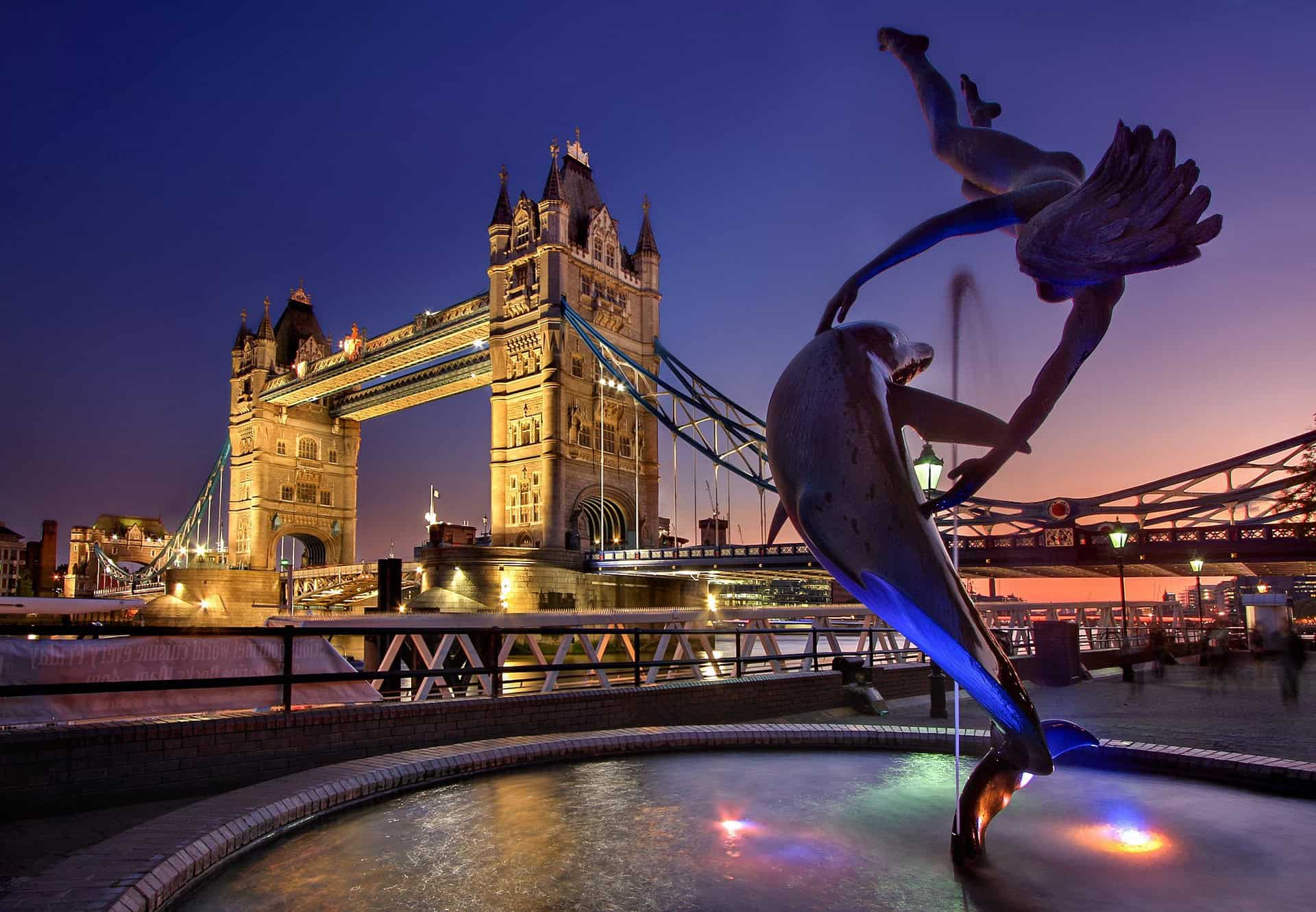
Let’s look at London’s healthcare system.
Public vs. Private Healthcare
London is home to the UK’s National Health Service (NHS), one of the most famous public healthcare systems in the world. While the NHS provides high-quality care, it’s mainly for UK residents and can involve long wait times.
For tourists, the better option is often private healthcare, which offers faster access and English-speaking staff. The downside is cost — private appointments can be expensive if you don’t have insurance.
Emergency Medical Care
Here’s what you need to know about emergency medical care in London.
Essential Emergency Numbers
- 999 – For life-threatening emergencies (ambulance, police, fire)
- 111 – For non-emergency medical advice in the UK
How to Call an Ambulance in London
Dial 999 for an ambulance. Be prepared to clearly describe your location and symptoms.
Hospital vs. Urgent Care Clinic
- Go to a hospital for emergencies such as chest pain, severe injuries, or difficulty breathing.
- Use an urgent care clinic or walk-in center for non-life-threatening issues such as infections, fevers, or minor injuries.
Pharmacies & Medication: What You Need to Know
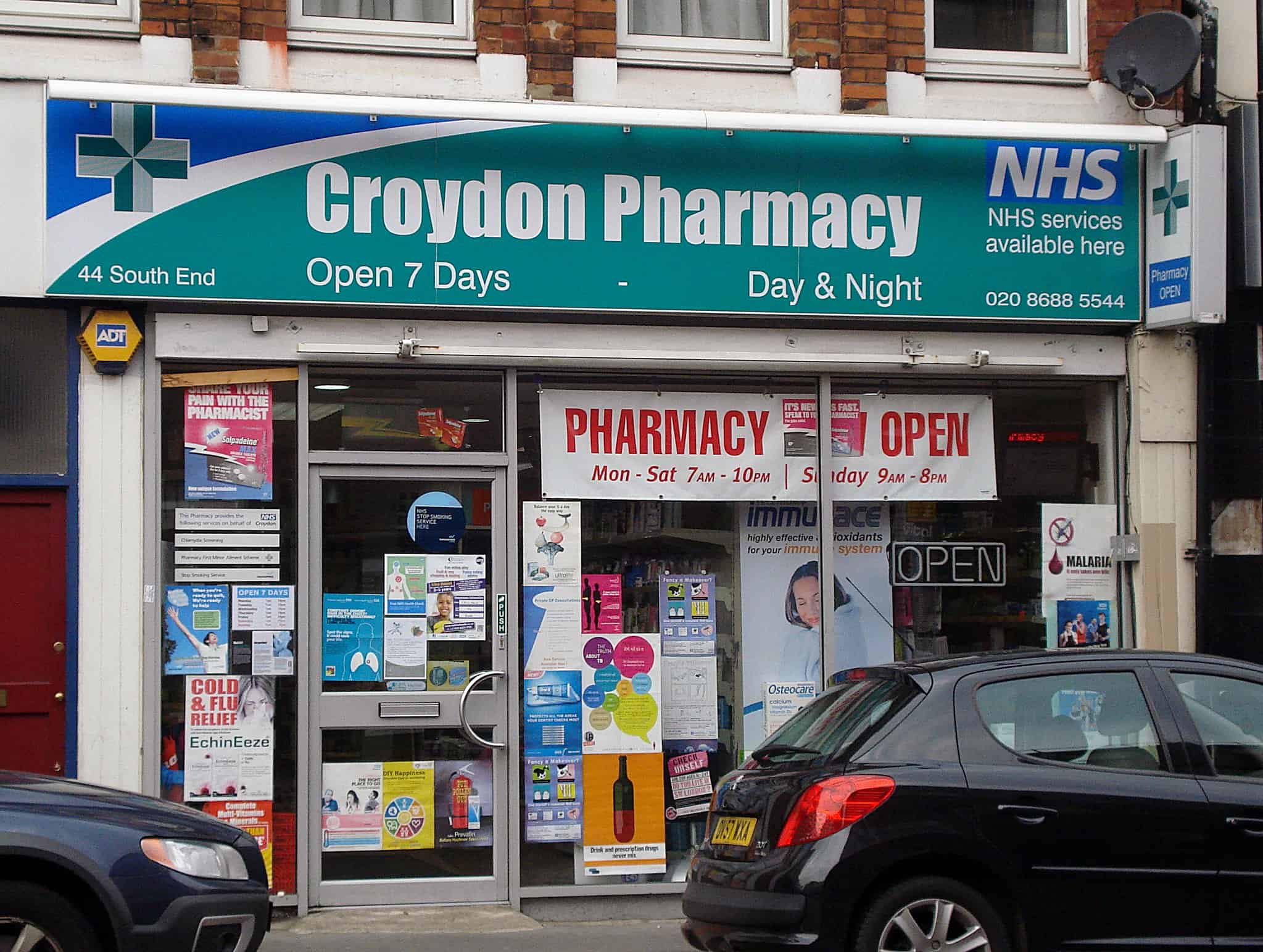
Pharmacies in London are easy to find — often part of large chains like Boots or Superdrug.
- Over-the-counter medicines are available for colds, flu, allergies, and stomach issues.
- Prescription medicines require a doctor’s note.
- For late-night needs, there are 24/7 pharmacies in central areas and near major hospitals.
What to Do if You’ve Got Travel Insurance
Travel insurance can make accessing healthcare in London much easier.
Documents You’ll Need to Submit a Claim
- Doctor’s note or medical report
- Receipts for any treatment or medicines
- Proof of travel (boarding passes, hotel booking)
Always confirm exact requirements with your insurer, as they vary between providers.
Language Barriers
The good news? You don’t have to worry about language barriers in London. English is spoken everywhere, but if English isn’t your first language, consider keeping a translation app handy for medical terms.
How to Avoid Getting Sick in London
Here’ what you need to know to avoid getting sick in London.
Common Traveler Illnesses
- Seasonal colds and flu (especially in winter)
- Jet lag and fatigue
- Food-related stomach issues if you’re adjusting to new cuisines
Is the Tap Water Safe to Drink?
Yes, London tap water is safe to drink.
Food Safety & Hygiene Tips
- London’s restaurants are generally safe and hygienic.
- Look for food hygiene ratings posted at entrances.
- When eating street food, choose busy stalls with high turnover.
Healthcare Tips for Pregnant Travelers & Those with Pre-Existing Conditions
If you need specialist care (like a gynecologist or cardiologist), private clinics in London are your best bet. Always carry your medical records and prescriptions from home, and make sure your travel insurance covers pre-existing conditions.
Finding an English-Speaking Doctor in London
While it may sound simple in an English-speaking country, finding the right tourist doctor in London can still feel overwhelming — especially when you’re not sure where to go or how much it will cost.
This is where Air Doctor can help. With our platform, you can connect to English-speaking doctors in London quickly and easily, book urgent appointments, and even get a doctor’s note if needed.
Getting Help Beyond Healthcare
If your illness is serious, or if you lose your medication, your embassy in London can help. Embassies often provide lists of local doctors and hospitals and can help you contact family or insurers back home.
Recap
Here’s what to do if you get sick in London:
- Call 999 in an emergency, or 111 for advice.
- Visit a private clinic for quick, tourist-friendly care.
- Use pharmacies like Boots or Superdrug for over-the-counter meds.
- Keep receipts for insurance claims.
- Stay healthy by drinking tap water, eating safely, and dressing for London’s changing weather.
- Use Air Doctor to book trusted, English-speaking doctors without the stress.
About Air Doctor
With the Air Doctor app in your pocket, you can access medical care and receive expert medical guidance anywhere you travel.
Air Doctor offers a wide range of benefits, including:
- A global network of over 20,000 multi-lingual doctors and specialists
- Choice of clinic, at-home (hotel), and video consultations
- Healthcare access in 90 countries
- 24/7 multi-lingual support
- Transparent pricing and reviews
- Most common medical specialties, including cardiologists, ENT specialists, and dermatologists
FAQs
Yes, tourists can see both public and private doctors, but private clinics are usually the easiest and fastest option.
No. While the NHS is free for UK residents, tourists usually need to pay for services unless covered by travel insurance.
Yes, non-residents may be charged for ambulance services. Costs vary, and it’s best to confirm coverage with your travel insurance.



